
Model Context Protocol (MCP) — an overview - Huggingface Course
Published: May 23, 2025
Model Context Protocol (MCP) is an open standard introduced by Anthropic in November 2024. It defines a secure and structured way for LLMs to access external data, tools, and prompts. MCP aims to solve the complex N × M integration problem by acting as a universal connector—like a “USB-C for AI”—enabling models to interact with various systems without custom integrations
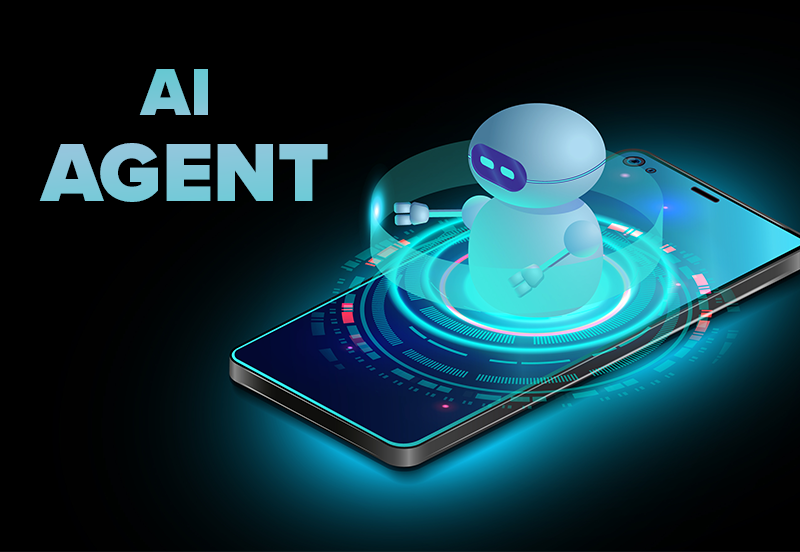
Understanding AI Agents (Code Agents) - Huggingface Course
Published: February 27, 2025
Code agents are a type of AI agent that generate and execute Python code to perform actions. Instead of relying on structured JSON outputs or predefined workflows, code agents allow Large Language Models (LLMs) to dynamically write, execute, and refine code as part of their decision-making process
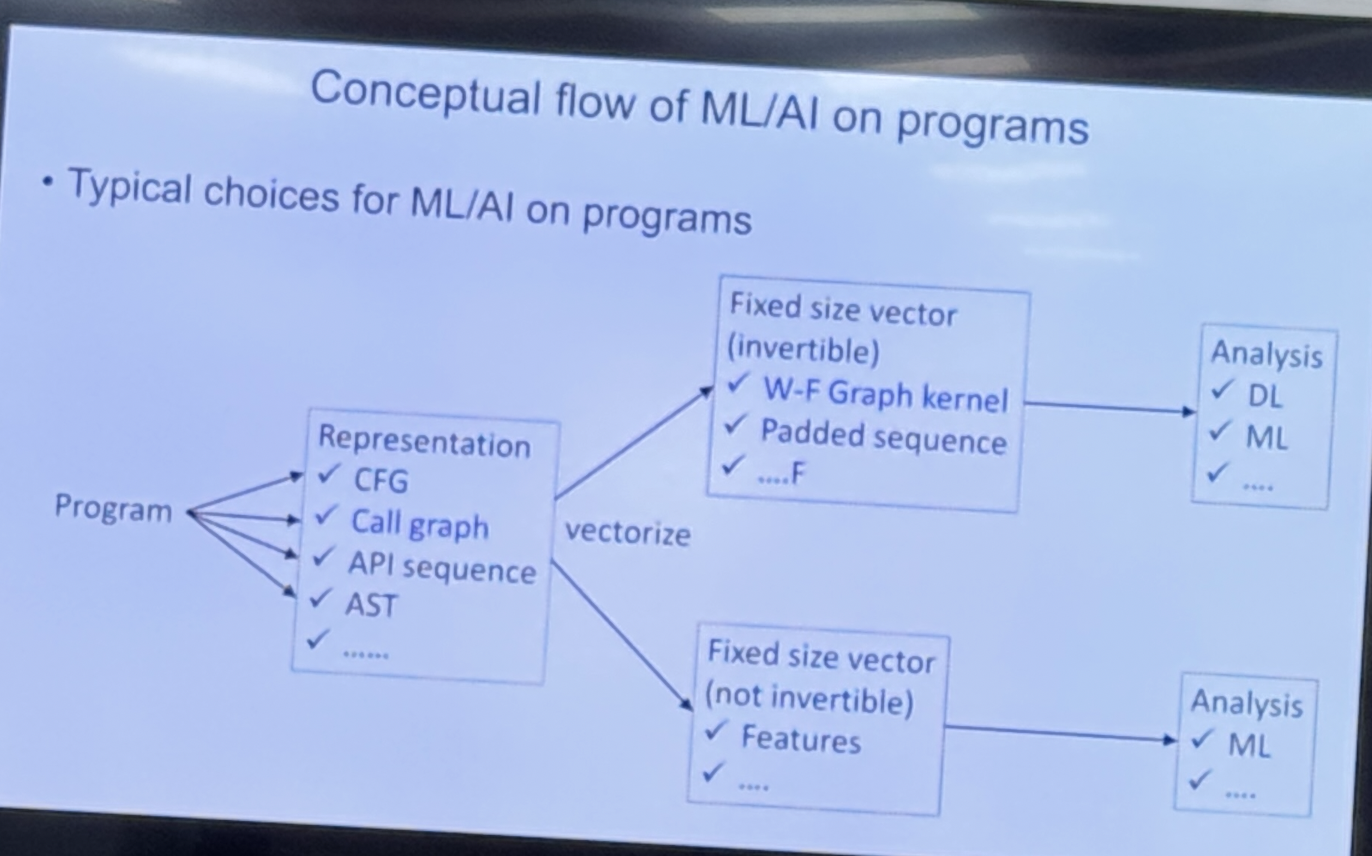
Dynamic Symbolic Execution (DSE) and Malware Analysis in Java Microservices
Published: December 14, 2024
Dynamic Symbolic Execution (DSE) is a powerful program analysis technique that combines concrete execution with symbolic analysis to explore program paths comprehensively. This course provides an in-depth understanding of DSE, its integration with Control Flow Graphs (CFGs), and its applications in malware analysis and microservice applications.
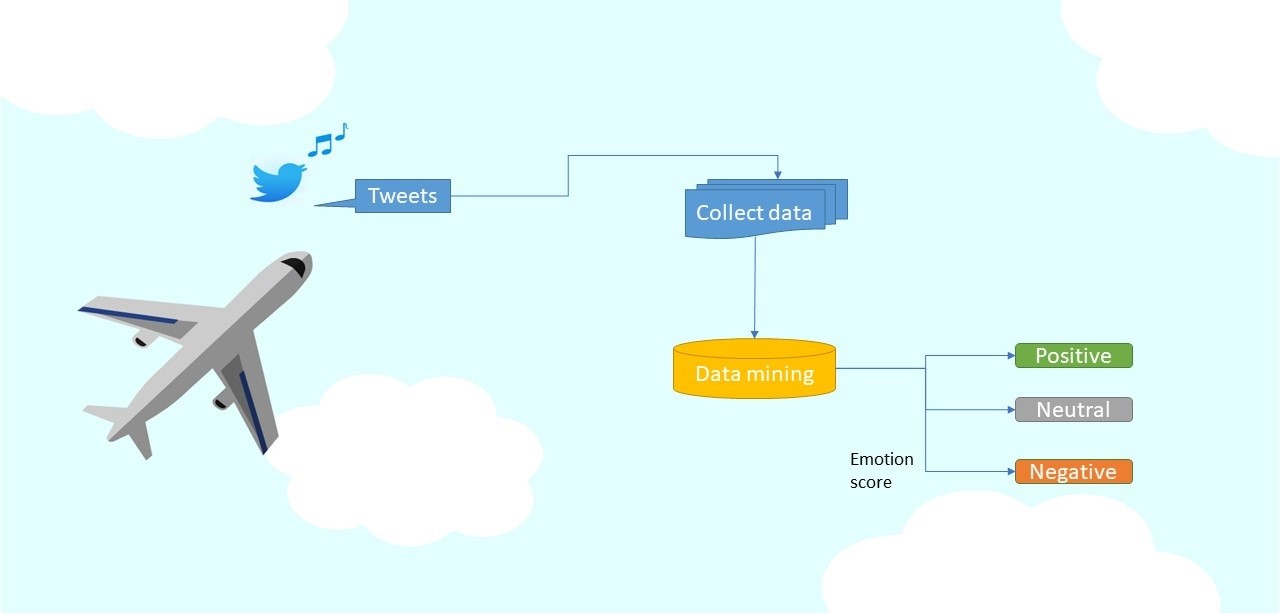
Fine-Tuning BERT for Sentiment Analysis on Airline Twitter Data Using PyTorch and Transformers
Published: October 24, 2024
This code fine-tunes a BERT model for sentiment analysis on airline Twitter data. It loads and preprocesses the data, encoding sentiment labels and tokenizing text with the BERT tokenizer. After splitting the data into training and validation sets, a custom PyTorch dataset is created to support batching.
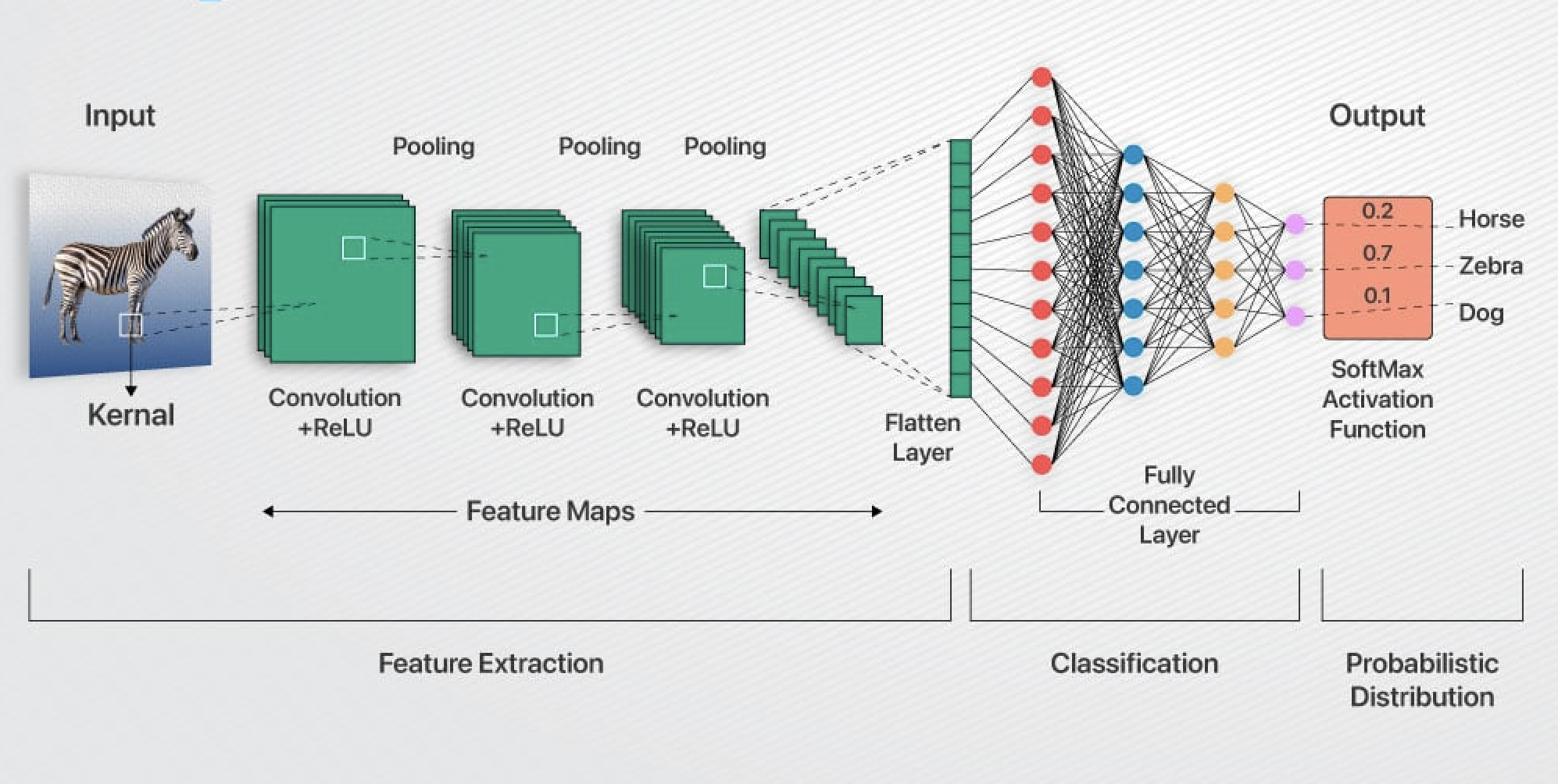
Image Classification with Convolutional Neural Networks on the CIFAR-10 Dataset
Published: October 24, 2024
This code demonstrates building a Convolutional Neural Network (CNN) using various types of layers to classify images in the CIFAR-10 dataset. Each type of layer serves a specific purpose in enhancing the model's ability to capture and process complex features effectively, enabling it to classify CIFAR-10 images with improved performance
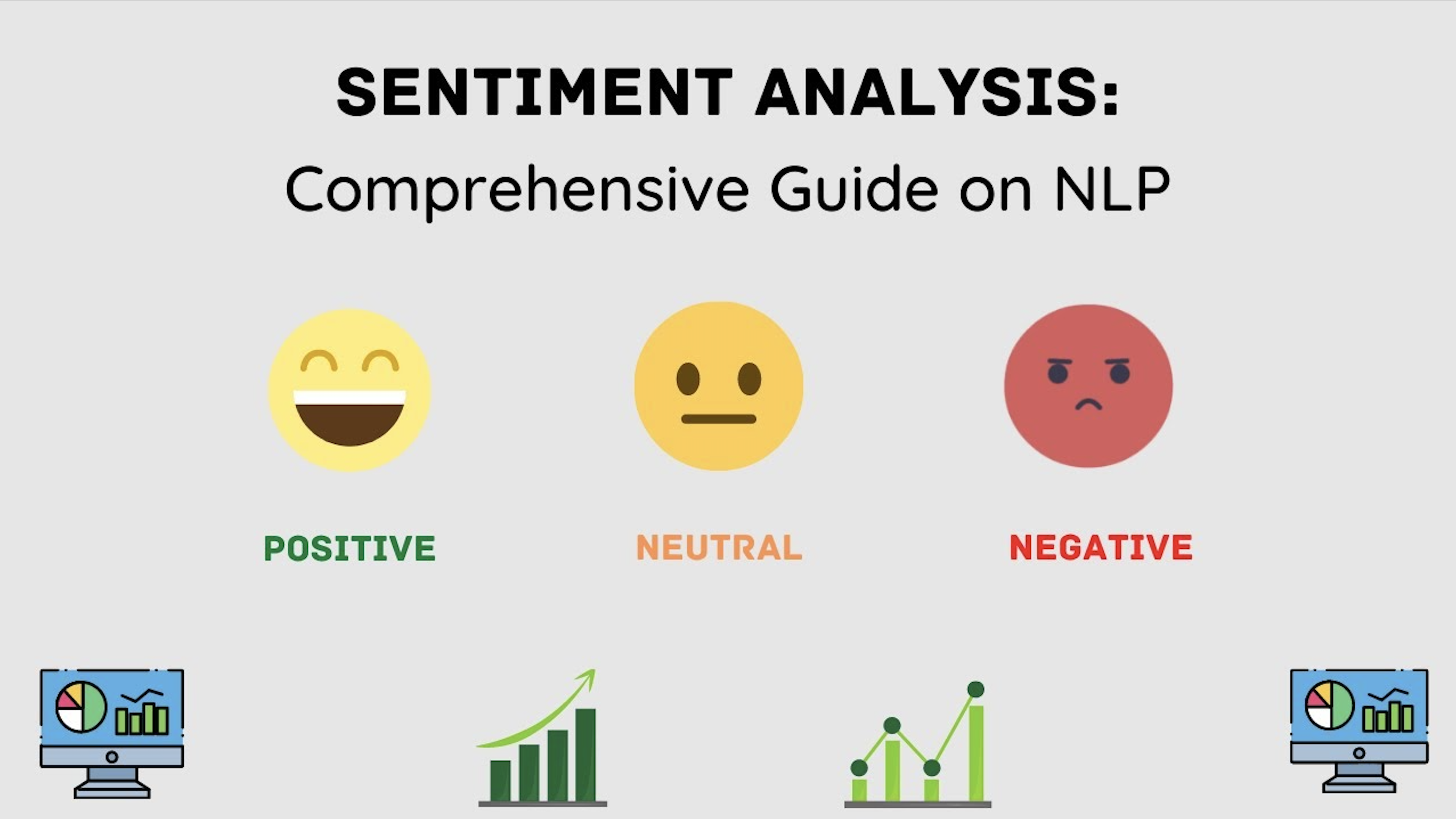
Sentiment Analysis with Hugging Face Transformers
Published: October 24, 2024
This code demonstrates the usage of Hugging Face Transformers for natural language processing tasks, including tokenization, model loading, fine-tuning, and model evaluation. The code covers the complete flow from data preprocessing to training and prediction
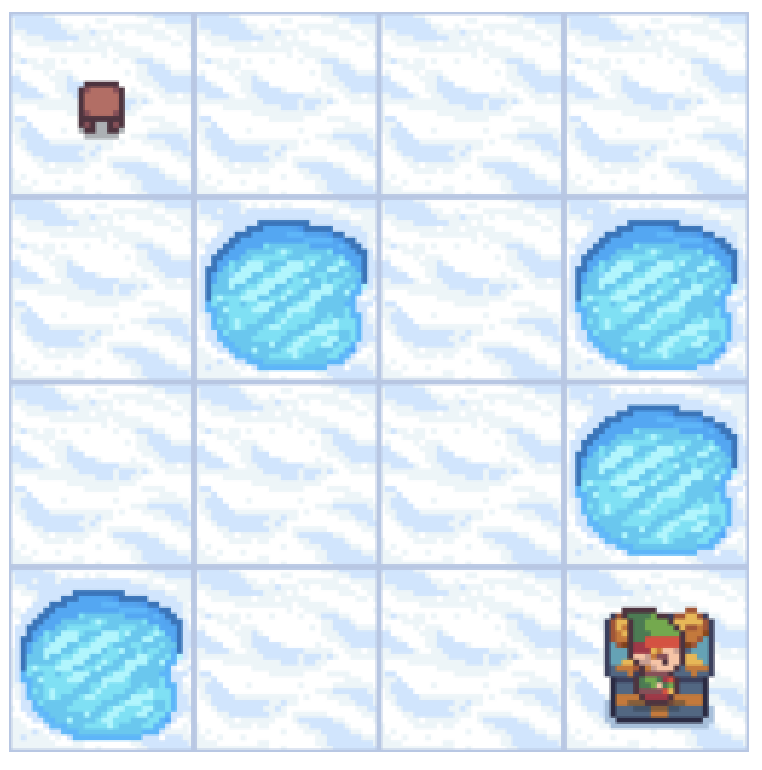
Q-Learning Algorithm for the FrozenLake Environment
Published: October 24, 2024
In this implementation, Q-learning is applied to solve the FrozenLake-v1 environment from the Gymnasium library. FrozenLake is a grid-based environment where the agent must learn to navigate from the start to the goal while avoiding holes in the ice

How to create and use Transformer models with HuggingFace's AutoModel
Published: October 21, 2024
This section explains how to create and use Transformer models with HuggingFace's AutoModel and other related classes. The AutoModel class is a convenient wrapper that can automatically determine and load the appropriate model architecture based on a checkpoint

Introduction to HuggingFace’s Transformers
Published: October 21, 2024
This guide provides a step-by-step explanation of how to perform sentiment analysis using HuggingFace’s Transformers library. It begins with preprocessing, where raw text is tokenized into numerical input for the model
